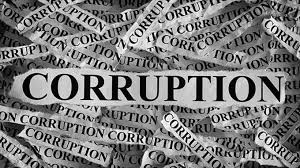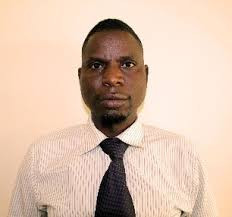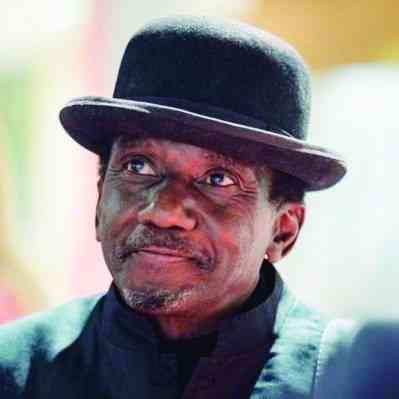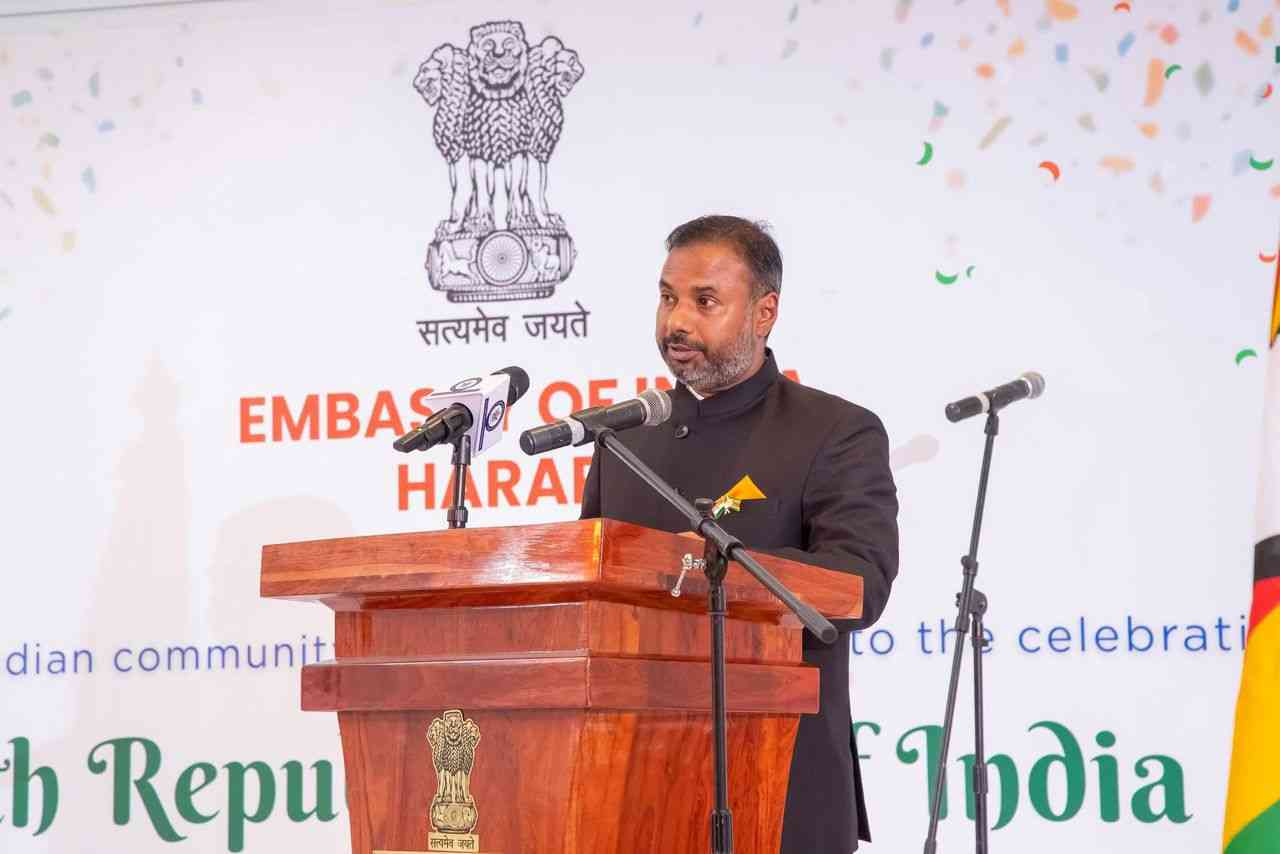
". . . the decibel of an average African’s public outcry is directly proportional to his distance from the opportunity to do exactly what he condemns” — Pini Jason Onyegbaduo
Invoking a deeper thoughtfulness into the understanding of corruption in Zimbabwe can provide an interesting analysis of how power is or can be at the centre of this phenomenon.
It is needless to say that in Zimbabwe, corruption emerges as the biggest menace to people’s standards of living as it impacts virtually on all of spheres of lives.
It is the objective of this theme to provide a nuanced analysis of how corruption is essentially a problem of power, poverty or both.
The quest of this write-up is to provide an intellectual foundation for the development of the sociology of corruption in Zimbabwe, both theoretically and practically.
By questioning how corruption and power can be complementary rather than taken as isolated, Pini Jason Onyegbaduo (1948-2013), a popular Nigerian columnist, propounded a 1988 “Hypothesis Of Corruption”, which is commonly referred to as Jason’s law of corruption.
It sought to understand the broader network of power and how it influences access and exclusion of economic resources, fuelling class distinctions within society and thus exacerbating the widening gap between the rich and the poor. An in-depth analysis of this theory and its practicality may be of importance in alleviating corruption within Zimbabwean society.
In a nutshell, Jason’s Law of Corruption, put forward in a Nigerian setting, states: “The decibel of an average Nigerian’s public outcry is directly proportional to his distance from the opportunity to do exactly what he condemns.”
- Mavhunga puts DeMbare into Chibuku quarterfinals
- Open letter to President Mnangagwa
- Feature: ‘It’s worse right now than under Mugabe’: Sikhala pays the price of opposition in solitary cell
- Masvingo turns down fire tender deal
Keep Reading
In other terms, the quieter or less vocal you get as far as reporting or red-flagging corruption, the more of a beneficiary you are in the corridors of corruption and or ill-gotten power.
Put in a localised setting, Jason’s Law further states: “The difference between many a noisy, holier-than-thou and pontificating Zimbabwean and the villainous, itchy-fingered kleptomaniac is probably the absence of the opportunity to steal.”
This implies that people can and will do that which they publicly condemn, given the slightest opportunity, immunity and/or indispensability.
Thus, most people conclude that they are not thieves or corrupt solely because they have not been awarded chances to loot.
This theory would subsequently be essential in helping explain the unimaginable acts and costs of corruption being perpetrated by people in leadership positions.
It also seeks to explain why more Zimbabweans seem to seek political and economic positions for capitalisation, pillaging resources and self interest albeit in the guise of genuine development, empathy or even sympathy for their fellow citizen.
Jason’s Law includes: “In all probability, should the opportunity occur, yesterday’s moral crusader is more likely to crumble and disappear under the weight of corruption.”
Explained in simple terms, Jason’s Law maintains that the farther the distance between a Zimbabwean and power-authority position, the higher the noise he makes against acts of corruption.
The nearer he is to the position, the lesser the noise he makes.
When in a position of considerable power, the noise ceases completely.
However, in Zimbabwe, we have a unique state of affairs, whereby those individuals that are the actual victims of corruption and not linked to any power-wielding positions are not making any noise at all as they logically should, as emphasised in this theory.
We have become a society that not only participates, anticipates, but promotes acts of corruption — by paying for and expecting payments for things that ought to be of zero cost.
Nothing is really free in this country anymore. You are even charged for using dilapidated “public” ablution facilities in our major cities and towns.
This has not only created a safe haven for the corrupt, but has also resulted in Zimbabwe becoming one of the most expensive places to live on this planet given the cost of living relative to the meagre incomes and high tax regimes.
It suffices to say that Pini’s corruption hypothesis has never failed the test in most African settings when applied in the analysis of what Pini himself termed the “bizarre behaviour of Africans in power”.
This can be thoroughly explained through the margins and mismatches that always exist in Africa between what is promised by and expected of those wielding power versus what they eventually deliver.
These disparities and deprivations are often whispered about, yet they affect millions on a daily basis as they affect how the rubber meets the tar for most marginalised people, especially for the poor and underprivileged.
The reason many should fall in love with Pini’s argument is because it echoes deeply entrenched assumptions about the traits of people who aspire and/or are chosen as leaders, particularly in governments.
Perhaps the reason for this gross failure as a continent is attributed to the fact that as Africans,we use Western intellectual lenses to understand and explain ourselves to ourselves economically and politically.
Pini’s observation is correct in our local sense.
That anti-corruption crusader you see in opposition politics in Zimbabwe today will morph into a kleptomaniac tomorrow as and when they get a chance to capture power.
A key point to note is the massive unit of corruption scandals that is being unearthed in the City of Harare, an opposition-led council where amounts reaching far beyond the millions cannot be properly accounted for, prompting an ongoing a commission of inquiry.
If they do not do all this out of sheer greed and wickedness, then a plausible reason why this is done is because the systems work under circumstances that make corruption the only affordable, cost-effective and cost-efficient strategy of managing power and economic relations in a poor country like Zimbabwe.
Stereotypes that exist in Zimbabwean societies make it knotty and more complex to deal with the corrosive nature of corruption in the country.
It is rather an unspoken rule nowadays that every person with some degree of power, particularly law enforcement agents and those with authority, might expect the “wheel to be greased” in order for them to swiftly and accurately perform their duties for which they are ordinarily remunerated, even going further than their purview in order to get kickbacks.
Hence, the systems in Zimbabwe seem to favour only those whose roots can tap into the streams of wealth and power or those with some sort of “connections” within any particular organisation.
Instead of dealing with the structures of our societies and how these promote particular governance strategies, everyone is hoping to get into a certain position or office with the hopes that they too can profit from corrupt activities that they should otherwise be flagging down, trying to get whatever piece of a shrinking economic pie as they possibly can.
As a result, the governance strategies African countries employ often harbour corruption rather than mitigate or eliminate it.
This is a possible reason why there are unending conflicts and disputes on the continent as the structures used to govern our societies have not held against both internal and external corruption together with its effects, with very little to no dissent.
This brings out possible reasons why various changes in government over a period of 60 years in almost all countries in Africa have not brought about a fundamental and structural change in the fight against corruption, inequality and ultimately, poverty.
Poverty and corruption go hand-in-glove, with each of them necessitating the other.
The deviation and misappropriation of funds and economic resources meant for the development of our respective societies is commonplace in Zimbabwe.
However, without power, there is no corruption and vice-versa.
Hence, the struggle against corruption is embedded in the attainment, dissemination and utilisation of power within economic and political spheres.
If this is done with people at heart, then it would be very difficult for corruption to take root.
Thus, the people that hold power most often are those that propagate corruption-often to attain the ends of the few.
Hence, corruption is not an isolated event, but rather a reflection of the circumstances within our societies, where it is the only effective and affordable means by which power is kept in check by the few.
The asseveration against corruption in Zimbabwe is not so superficial that it must only be dealt with only within political or economic senses.
Removing corrupt politicians and officials from office is not sufficient to eradicate corruption and poverty together with their deep-seated negative effects.
What is required is a fundamental change of the propagating and understanding of power based on equal and ethical structures so that there is some sort of equity between what leaders promise and what they furnish.
Should we, therefore, extract that Zimbabweans or Africans in general are inherently corrupt, poor and terrible managers of their economies?
Or, can it be taken home that corruption is basically a cultural or generational phenomenon and it will be rooted out with time or is there more than what meets both the eye and common reason?
Therefore, whenever you are confronted with issues of corruption in relation to erstwhile trusted or even elected individuals, who constantly betray the trust reposed in them when elevated to positions of power and authority, do not always keep quiet but remember the words of Martin Luther King Jr, where he said: “The ultimate measure of a man is not where he stands in moments of comfort or convenience, but where he does in times of challenge and controversy. The true neighbour will risk his position, prestige and even his life for the welfare and benefit of the greater number. Corruption is a profound challenge to this type of integrity.”
- Lemuel Batanai Bulawayo is an economic analyst, who has a passion for deciphering complex economic issues. He has a keen interest in researching and writing about economic trends, policies, and innovations. His work seeks to provide an insightful and upbuilding commentary on the Zimbabwean, African and global economic landscapes. Please reach out to him via email [email protected].










